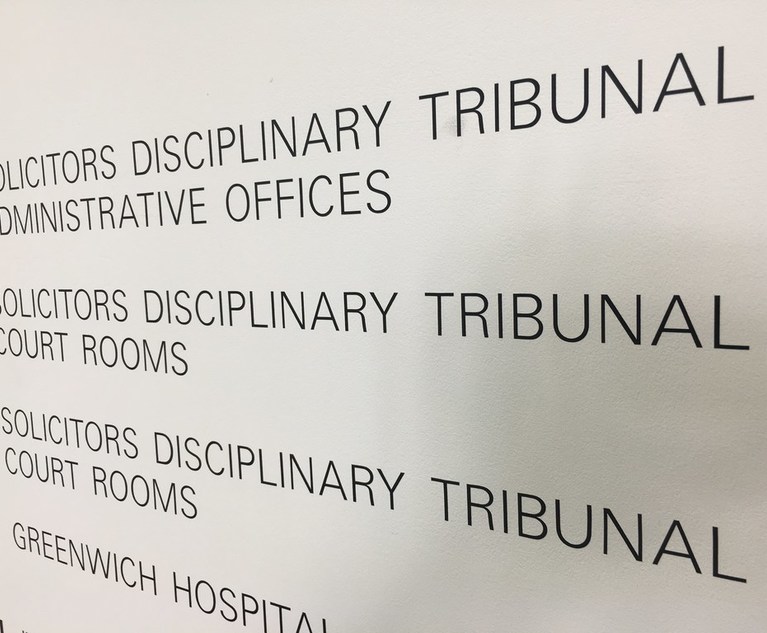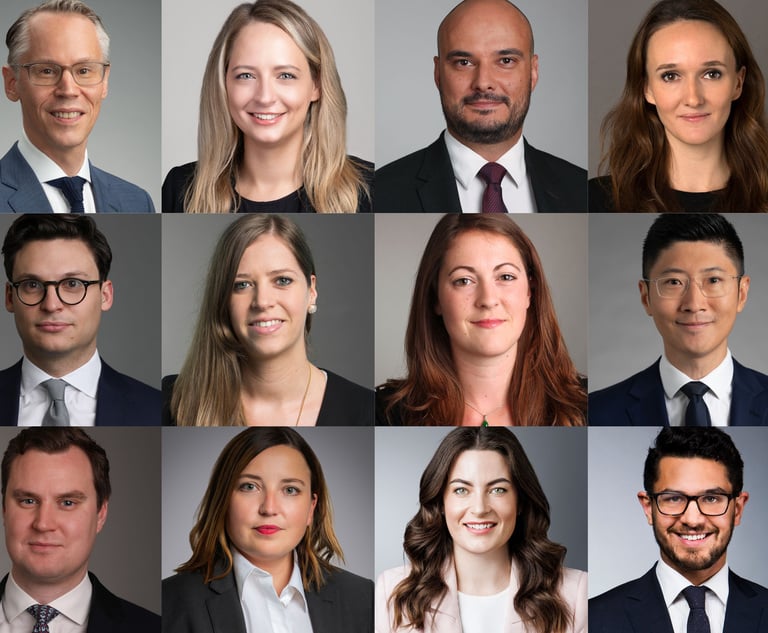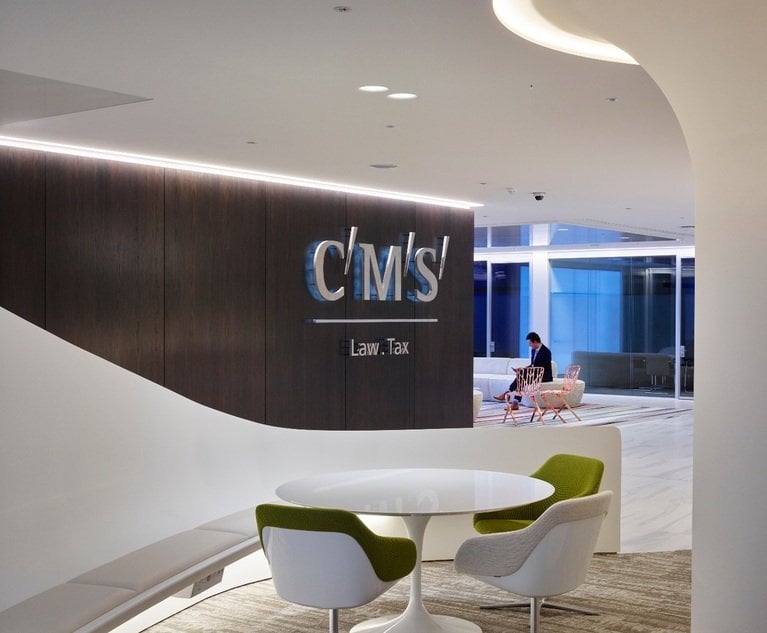The COVID-19 health crisis has ushered an unprecedented assertion of power by governments across Latin America and paved the way for abuses in a region already marred by corruption, according to a report released by the Lawyers Council for Civil and Economic Rights of the Cyrus R. Vance Center for International Justice.
Lawyers at more than a dozen firms across the region, including global firms Simpson Thacher & Bartlett and Shearman & Sterling, collaborated on the report, which found allegations of corruption related to public procurement for the pandemic response in at least 12 countries. Multiple governments have enacted emergency legislation that allows them to bypass the usual checks and balances on public spending with the intent to expedite crisis response for critical health services and economic relief.
“We call on the legal community throughout the region to be vigilant and active in support of anti-corruption efforts relating to COVID-19 and to work in support of civil society actors who are leading the fight for transparency and fairness,” said New York-based Shearman capital markets partner Antonia Stolper, one of two U.S. members of the Lawyers Council.
Most countries in the region already had serious corruption risks, so relaxing controls over public procurement has created new vulnerabilities, the report warned, adding: “While corruption risks always exist, the costs of these risks are higher during the emergency as already limited public resources are syphoned off due to corruption.”
Much of Latin America scored poorly in Transparency International’s 2019 Corruption Perceptions Index. The anti-graft group finds that political leaders in the region often act in their self-interest at the expense of the citizens they serve.
Latin America practice heads from Simpson Thacher and Shearman & Sterling contributed to the Vance Center report, which also saw collaborations from partners at local legal powerhouses such as Demarest Advogados in Brazil and Creel, García-Cuéllar, Aiza y Enriquez in Mexico. Participating lawyers contributed to the report on a pro bono basis.
The lawyers highlighted apparent misappropriation of public funds for a host of goods, ranging from pamphlets that would have printed information in Brazil that is readily available on the website of the country’s Health Ministry to the purchase of overpriced ventilators from a company allegedly linked to the son of a senior cabinet member in Mexico.
Many countries have waived requirements for public bids to purchase equipment and services related to the health emergency. Direct purchases and contracts, though, tend to bring decreased transparency, inflated prices and conflicts of interest. Watchdog groups are trying to keep tabs on, and bring to light, apparent misuses of public funds.
The Lawyers Council for Civil and Economic Rights brings together private practice law professionals in the Americas to support the rule of law, combat corruption and support the work of the civil society.
The Vance Center asserts that the legal community can help in various ways, including by analyzing laws and bidding procedures to make sure they comply with basic transparency requirements and integrity standards, filing for the release of public records and making public statements on the importance of the continued fight against corruption.
In Brazil, for instance, lawyers have brought challenges to the country’s Supreme Court concerning multiple perceived overreaches by the government during the health emergency. Brazil’s high court has struck down an order for phone companies to share user data with the federal statistics agency while also insisting that public entities respond to information requests in a timely manner during the health crisis.
NOT FOR REPRINT
© 2024 ALM Global, LLC, All Rights Reserved. Request academic re-use from www.copyright.com. All other uses, submit a request to [email protected]. For more information visit Asset & Logo Licensing.












